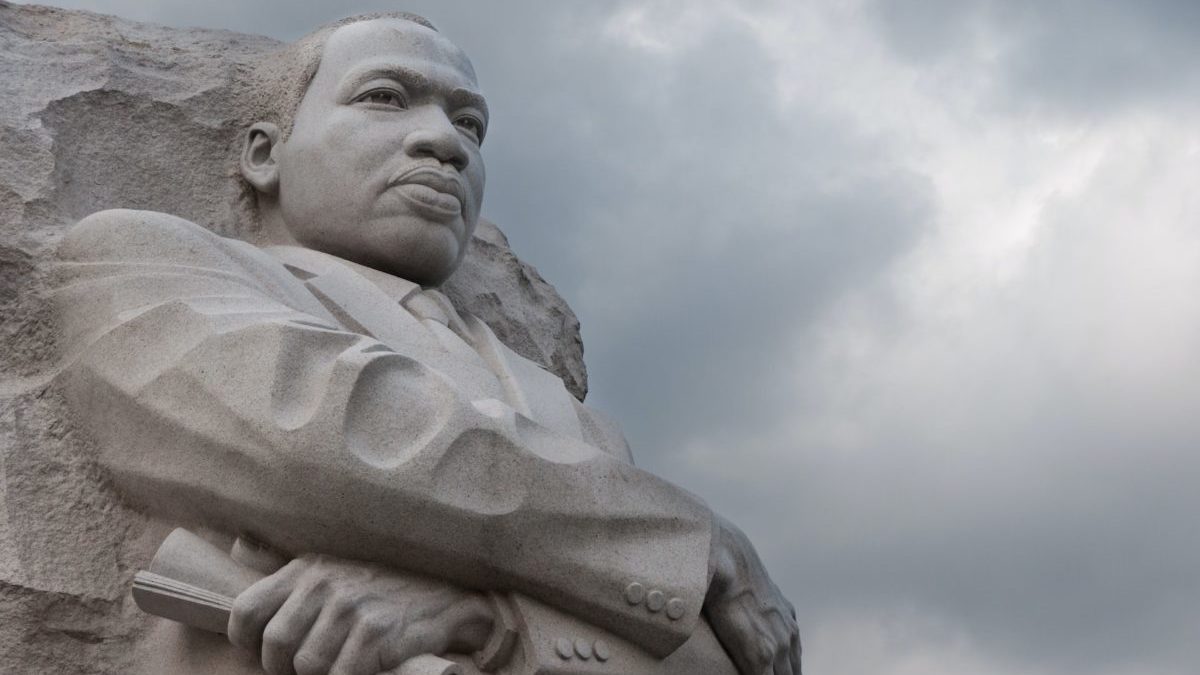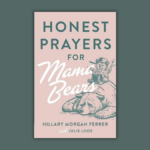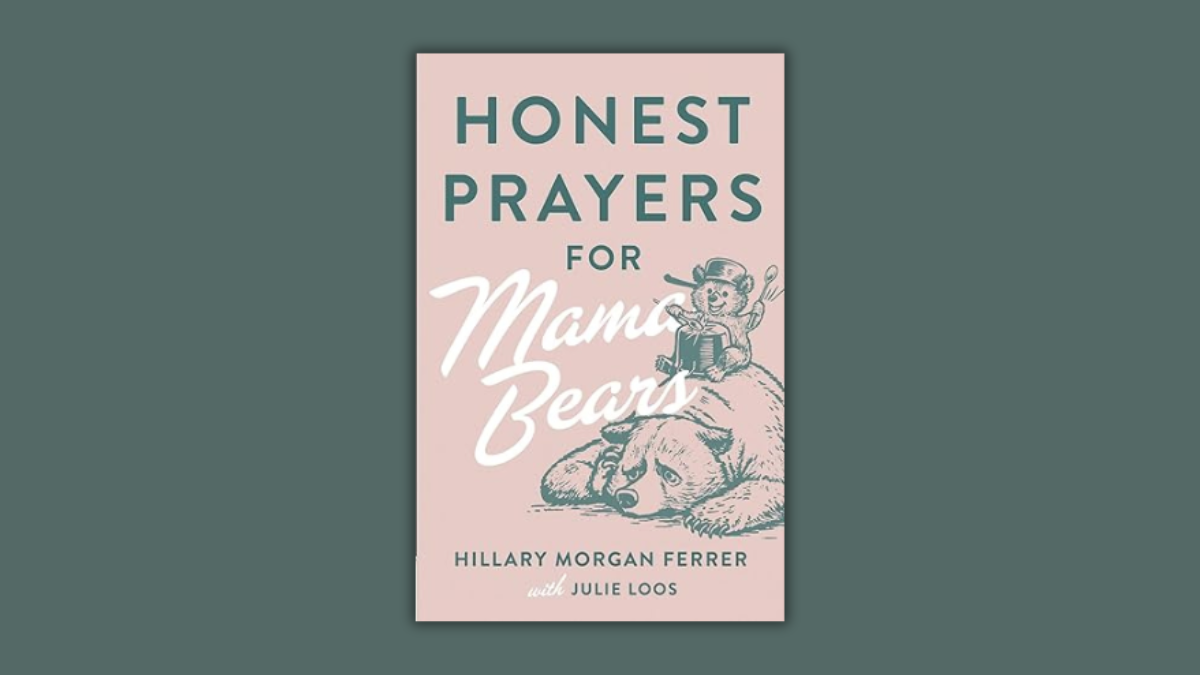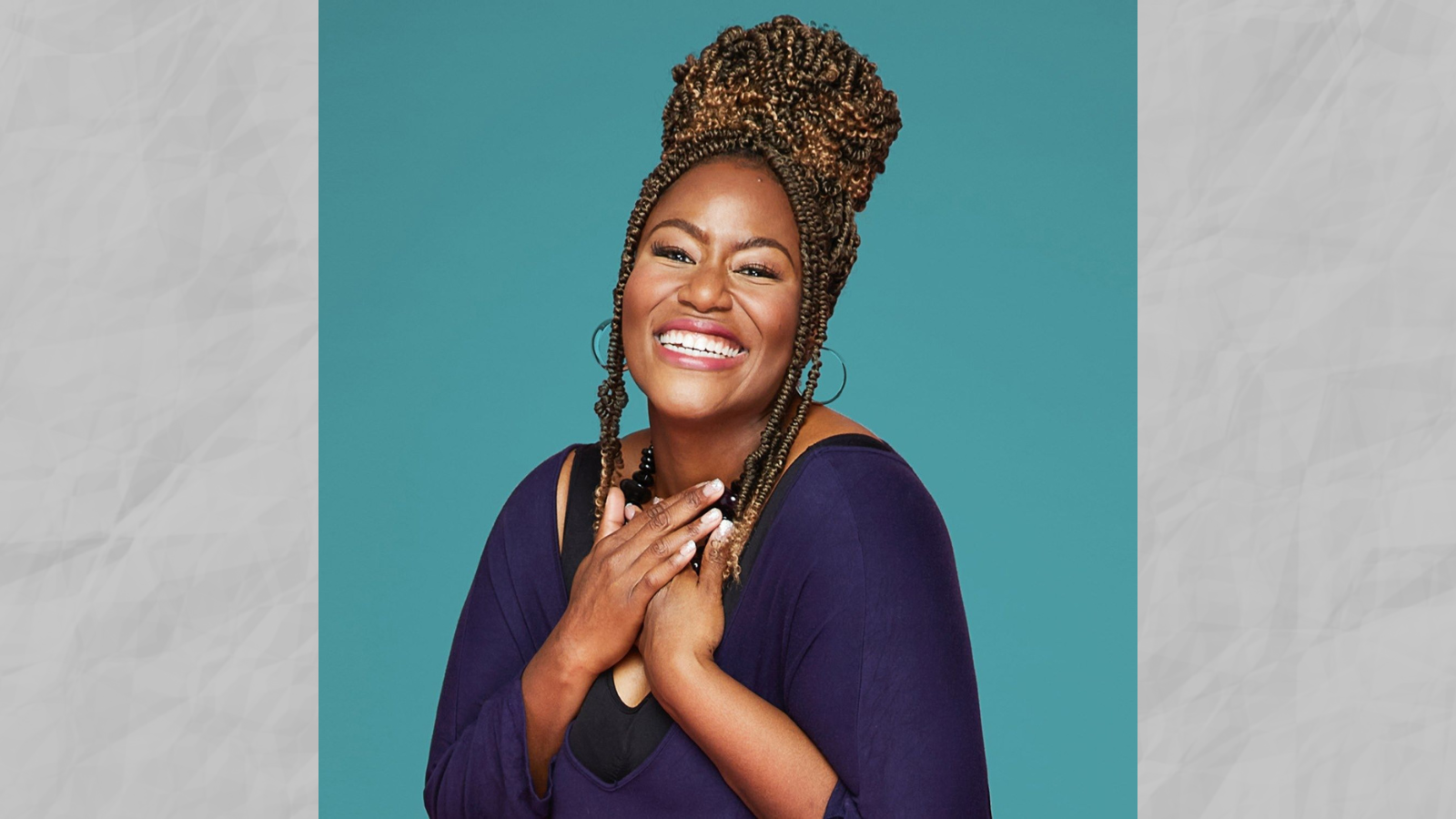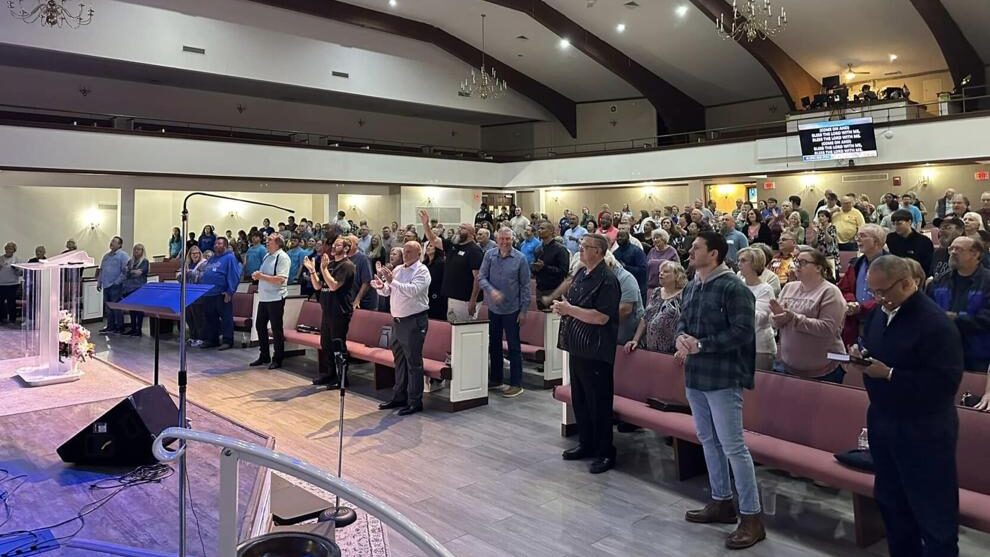On August 28, 1963, Dr. Martin Luther King Jr. delivered his “I Have a Dream” speech. Though it was not his first speech on racial equality in America, it was the speech that provided a pivotal moment that changed the way people in our nation thought about the issue.
As we celebrate Dr. Martin Luther King Jr. Day, I think it is worthwhile to take a look at that speech again.
While our culture recognizes the impact of Dr. King’s efforts, I am not sure they really understand the power behind his efforts. Dr. King’s impact was not merely due to his message of racial equality, it was because his efforts were based on Christian morals and biblical imperatives. The Holy Spirit was empowering his efforts.
For example, in his famous “I Have A Dream” speech, he painted a powerful picture of what America could be if we merely lived up to the biblical truth that our nation claimed to espouse.
That picture was built on four key passages of Scripture:
Amos 5:24
“But let justice roll on like a river, righteousness like a never-failing stream.”
The entire book of Amos denounces the excesses and injustices of Israelite life in eighth century B.C. The book reminded God’s people of their true moral obligations. Though they espoused to be God’s children, they had created a system whereby a handful of powerful people controlled everything and in such a system, injustice reigned. Dr. King saw parallels in American society.
At the time, we were a society with a strong Christian majority, yet racial injustice had been the accepted norm for generations. Like the Israelites of old, we needed to be reminded that in the end, justice will roll on — it is unstoppable. You must either join the never failing stream of righteousness, or get buried under the wave. This is a message we still need to hear today.
Isaiah 40:4–5
“Every valley shall be exalted, and every mountain and hill shall be made low, and the crooked shall be made straight, and the rough places plain…”
Sometimes we live in the valley of despair. Sometimes we live on the mountain top of joyful experiences. Somewhere between those two extremes lies regular life. Life has painful moments, but it is not always one tragedy after another.
Those who believe that become trapped in the bondage of victimhood. Life is not always perfect and a mountain top experience. Those who are always seeking the mountaintop lifestyle will be frequently disappointed. Somewhere in the middle of those two extremes is where real life happens. Dr. King wanted to remind African American Christians to live lives that brought glory to the Lord in both those good moments and those bad moments. He knew that by living in such a God-glorifying way, the crooked and messed up parts of culture would eventually be straightened out by that example of righteousness.
Psalm 30:5
“Weeping may stay for the night, but rejoicing comes in the morning.”
We will all face problems and trials in life. These trials test our faith. In those hard moments we cry out to God in mourning and great sadness. He hears our cries and comforts our hearts. In time, the trials pass, but the comfort we find in Christ remains.
We must choose to dwell on the comfort we received instead of the pain of the past. This was a message Dr. King wanted people of all races to remember. Far too often racial strife is based on past excesses. While those very challenging moments must be spoken and mourned, they cannot become the basis for how we live. The basis for how we live must be based on the rejoicing that comes from a life lived for the glory of Christ.
Galatians 3:28
“There is neither Jew nor Gentile, neither slave nor free, nor is there male and female, for you are all one in Christ Jesus.”
We are all made in the image of God.
Because of that, we are all equal before God. Sadly, that amazing creation is marred by sin. Sin is at the root of all racial problems. We all like to pretend that we have outgrown racism. But the Bible also says that “If we say that we have no sin, we deceive ourselves, and the truth is not in us” (I John 1:8). Racism is not something we can declare victory over and walk away. It is something we must wage war against first in our own hearts, and then in the systems our culture has put in place. Christ came to free us from the bondages of sin, which includes the bondage of racism. Through Him we are more than conquerors.
Dr. King brought biblical insight to the injustices of his day, and it is important to remember that Dr. King’s power came from the Word of God. While many have written on these subjects well, I like how Lesli White, whose article on this subject impacted some of my own thinking, summarizes these thoughts.
White says, “There is still much work to do; we struggle in a fallen world until Jesus comes. By God’s grace, we know the real progress is possible and that we are accountable. The church must show the world that the new community of Jesus is called to demonstrate His glory in calling us together.”
To that, I say, AMEN!
EDITOR’S NOTE — This story was written by Terry W. Dorsett and originally published by the Baptist Churches of New England.

